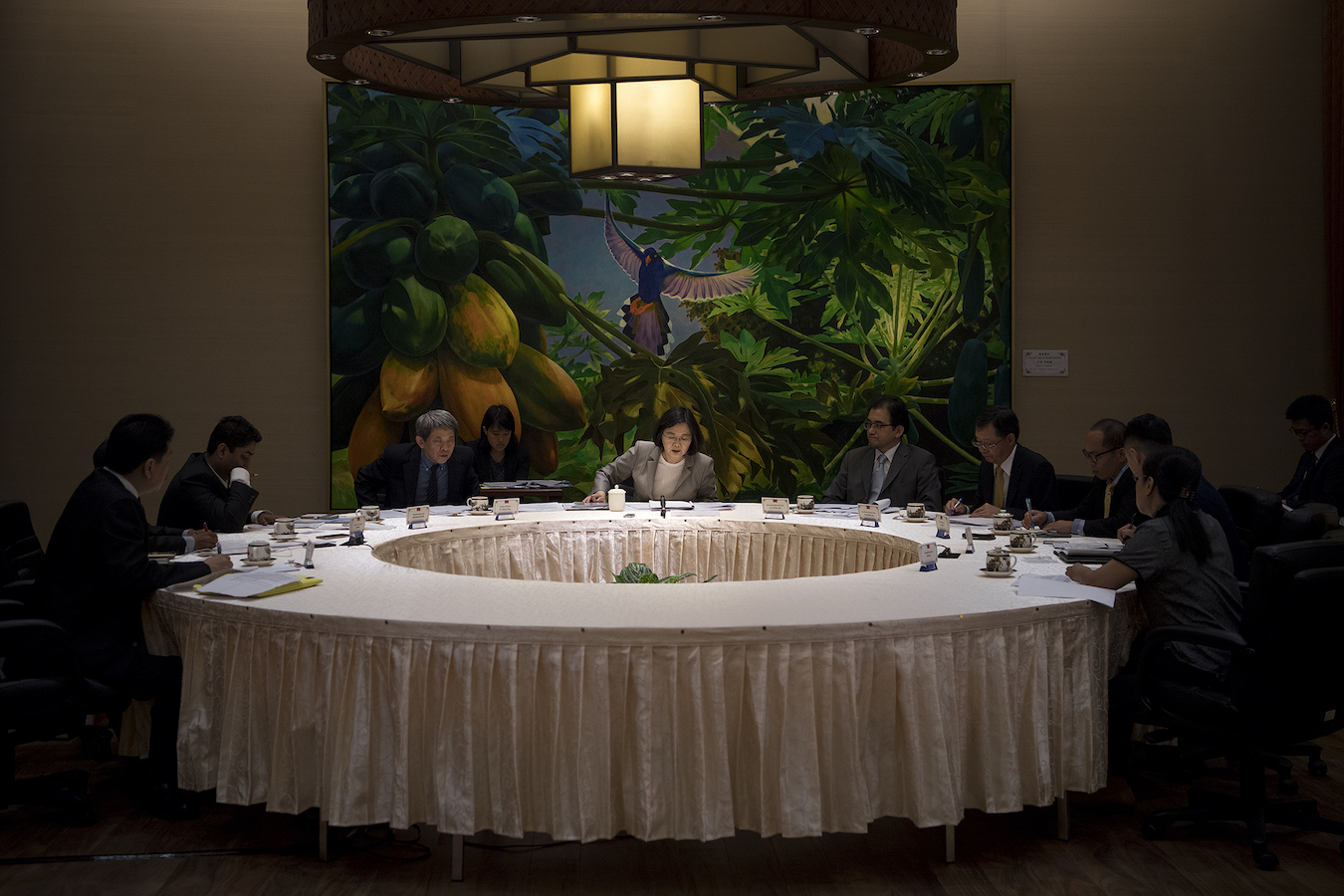by Brian Hioe
語言:
English
Photo Credit: Chia Ying Yang/WikiCommons/CC BY 2.0
TAIWANESE SOCIAL MEDIA has seen a wave of posts reacting to the possibility of opening up Taiwan to Indian workers. In particular, the posts are xenophobic in nature, framing Indians as rapists who would sexually assault Taiwanese women if they are allowed into Taiwan. This has led to online calls for a march against the planned opening up.
In particular, Taiwan is in the process of negotiating with the Indian government to allow migrant workers from India, with plans to sign a Memorandum of Understanding before the year ends. Reportedly, Taiwan is interested in migrant workers from northeastern India in particular, with the perception that they would more be able to fit into Taiwanese society, and who would work in the construction, agricultural, and manufacturing sectors. Taiwan is also interested in Indian tech workers.
Trade between India and Taiwan has increased significantly in past decades, going from 1.19 billion USD in 2001 to 6.4 billion USD in 2022. Ties have also warmed between the Taiwanese and Indian governments under the Tsai administration, with a bilateral trade agreement inked in 2018, and parliamentarians traveling to Taiwan in recent years.
This dovetails with rising tensions between India and China, such as regarding border disputes. This led to clashes in June 2020 in Galwan Valley, with at least 20 Indian soldiers and 4 Chinese soldiers killed, and clashes involving hundreds of troops in December 2022, though no were killed. In the past, Taiwanese government officials such as Minister of Foreign Affairs Joseph Wu and President Tsai Ing-wen have tweeted in support of India during incidents in which the Chinese government emphasized its One China Principle to the Indian government.
 Taiwanese president Tsai Ing-wen being interviewed by Indian media and other international media. Photo credit: Presidential Office/Flickr/CC BY 2.0
Taiwanese president Tsai Ing-wen being interviewed by Indian media and other international media. Photo credit: Presidential Office/Flickr/CC BY 2.0
The posts gained attention that the Ministry of Foreign Affairs (MOFA) would comment on it, criticizing such discrimination and stating that it hoped that Indians would not believe that such sentiments represent the opinions of all Taiwanese. Later on, MOFA framed fear-mongering about 100,000 Indian migrant workers coming to Taiwan as cognitive warfare from China, which is not impossible though one wonders if the attempt to pin blame for the discrimination on China to avoid this damaging India-Taiwan ties.
Nevertheless, one notes the discrimination that already exists in Taiwan against migrant workers, who take on the “dirty, dangerous, and demeaning” jobs that Taiwanese themselves do not want to undertake in fields ranging from taking care of the elderly to factory work or work on migrant fishing vessels.
One notes incidents such as the shooting death of 27-year-old Vietnamese migrant worker Nguyen Quoc Phi in 2017. Nguyen was shot nine times and left to bleed out and die, with police failing to provide medical attention. Though police claimed that the use of force was justified, seeing as Nguyen attacked them with rocks, police still responded immediately with violent force.
This points, then, to how racist attitudes exist in Taiwanese society toward foreigners. This can sometimes dovetail with protectionist sentiment, in fearing outsiders as potential economic competition. One has seen an upsurge in such views directed toward Hongkongers in recent times, when many Hongkongers have moved to Taiwan because of the deteriorating political conditions there. To this extent, there was a great deal of social discussions after discriminatory banners on the campus of National Taiwan University against Indigenous students over affirmative action measures in Taiwan.
But one notes the absurdity of such views on migrant workers when Taiwanese exploit migrant workers as laborers–as would also likely be the case with Indians that enter Taiwan as laborers. This points to the need to address racism in Taiwanese society, then.
It has historically been a conceptual hurdle for Taiwan to contemplate its own racism, seeing as many Taiwanese mistakenly perceive Taiwan as primarily a mono-ethnic society, never mind the presence of Indigenous, or that Taiwan has always been a migrant society. Nevertheless, at a time when Taiwan may be preparing to open its doors to new migrants–even if with the intention of exploiting them as labor–perhaps even if this wave of discrimination is disappointing, it can be an opportunity to discuss such issues.

